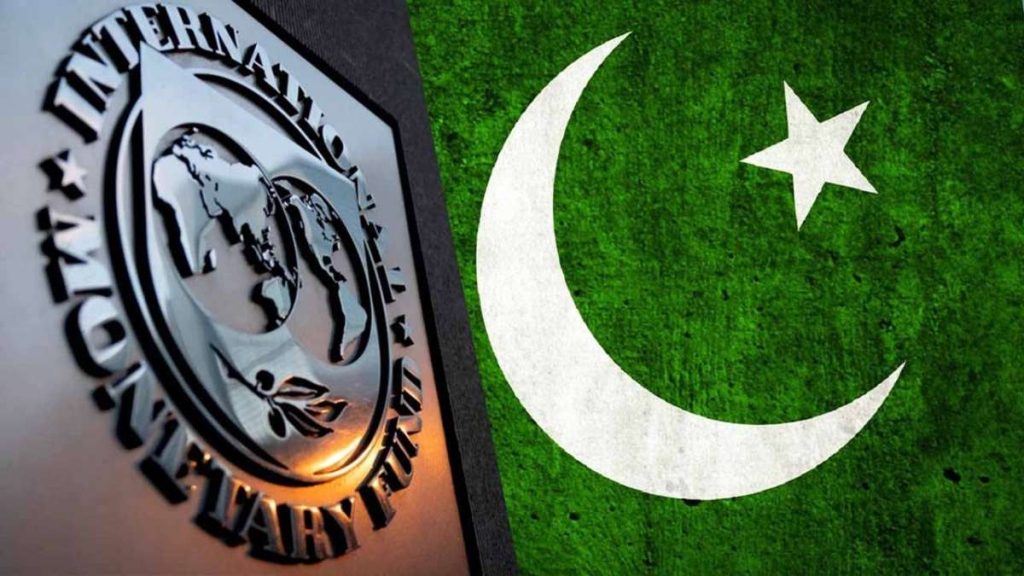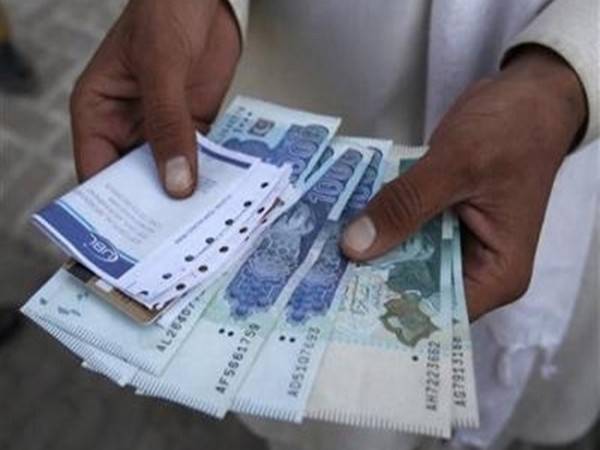The IMF has demanded to take the interest rate near to the inflation rate….reports Asian Lite News
State Bank of Pakistan (SBP) is likely to raise the interest rate by two per cent at the upcoming meeting of the Monetary Policy Committee (MPC) to unlock the stalled IMF loan program, ARY News reported.
The staff-level agreement between the International Monetary Fund (IMF) and Pakistan was scheduled to take place on February 9. The MPC is scheduled to meet tomorrow to discuss the interest rate. The sources privy to the development said that the interest rate might be jacked up by 22 pc from 20 pc to meet IMF conditions.
They further said that the IMF has demanded to take the interest rate near to the inflation rate.
According to ARY News, Prime Minister Shehbaz Sharif-led government is taking desperate measures to get much-needed funds, but the IMF is not looking satisfied with the prior steps taken by the incumbent government.
The State Bank of Pakistan (SBP) on March 2 raised the monetary policy rate by 300 basis points to 20per cent.

“This decision reflects deterioration in inflation outlook & its expectations amid recent external and fiscal adjustments. Monetary Policy Committee (MPC) believes this outlook warrants a strong policy response to anchor inflation expectations around the medium-term target of 5-7 percent,” the statement said, according to ARY News.
The Express Tribune recently reported that Pakistan is in the middle of a deep economic crisis amid steep currency devaluation and interest rates hikes with its major debt sustainability indicators witnessing marked deterioration during the first half of this fiscal year, according to the semi-annual debt bulletin of the finance ministry.
The July-December 2022 report showed that the share of external public debt rose in the past six months, while the average time of maturity and period of resetting the interest rates have further shortened, the report said.
The Express Tribune showed that the share of external debt in the total public debt rose from 37per cent in June to 37.2 per cent by December, heightening the currency risks simultaneously with the rupee sinking and foreign countries shying away from extending loans.
This is synchronous with interest rates at historic highs and the currency devaluing by 56 per cent since the incumbent government came into power a year ago, reported The Express Tribune. (ANI)

Leave a Reply